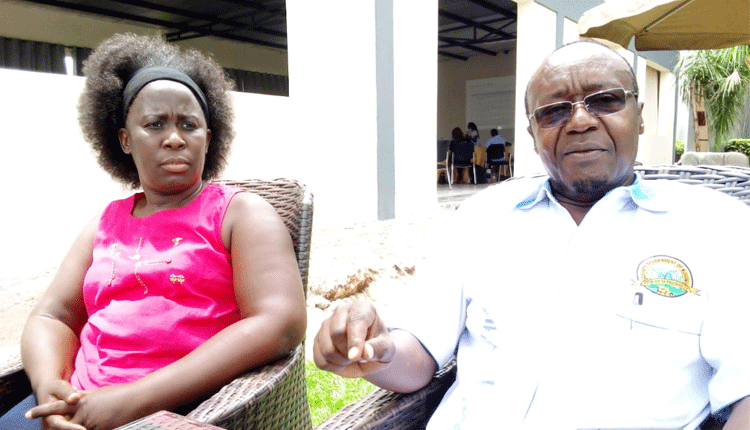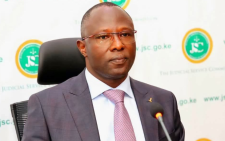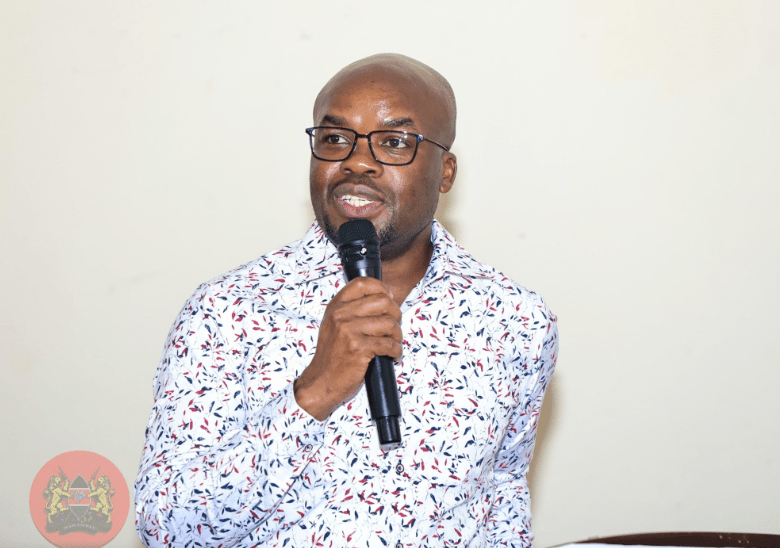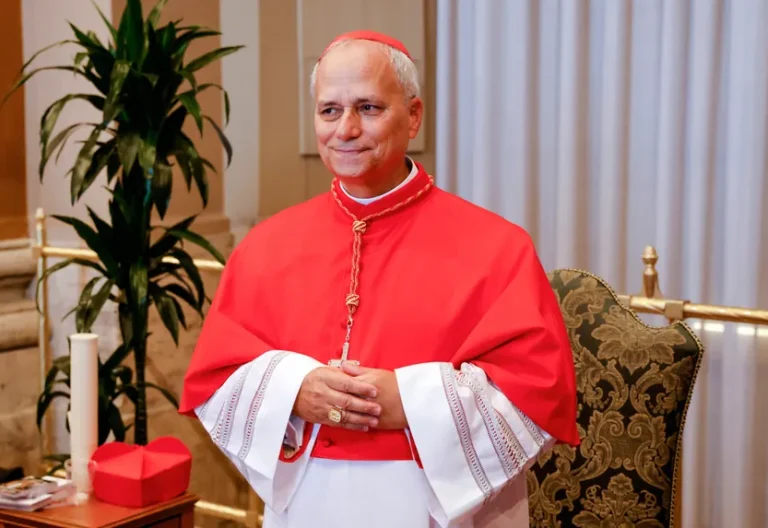Global Fund resumes grants in HIV/Aids war

Kepher Otieno
Global Fund has resumed funding to Kenya to re-activate campaigns against HIV and Aids after more than a decade of lukewarm attitude on its prevalence.
Through the Kenya Red Cross Society (KRCS), the Global Fund has donated a grant of Sh7.5 billion to fast-track the country’s response to HIV in 46 Counties.
Only Embu County has been excused from the new program after data showed that the rate of infections in the devolved unit was very low compared to the rest.
Already, KRCS Head of Global Fund Program Emily Muga revealed that they had received the grant and begun to train beneficiary groups in the select counties.
“We have already mapped groups to help in the fresh anti-HIV campaigns seeking to reduce risk and infections,” Muga said during a training in Kisumu.
The fresh national campaign is to raise awareness with an aim to address stigma against people living with HIV.
Donors cut funding for HIV and Aids projects in Kenya due to the country’s upgrade to a lower middle-income status from least developed country, and reports of financial irregularities at the Ministry of Health in 2017.
The United States government, for instance, through the President’s Emergency Plan for Aids Relief has steadily been cutting funding from $514 million (Sh52.9 billion) in 2013 to $482 million (Sh49.6 billion).
This happened despite the fact that Kenya was cited among countries with “stubborn” new HIV infections.
Some of the top donors that have withdrawn or cut HIV and Aids funding to Kenya were Clinton Foundation, Belgium’s MSF, Japan International Cooperation Agency and Britain’s DfID, according to the National Aids Control Council.
But now there is good news after the resumption of the freezed donor aids, with Global Fund showing the way, over to have an aggressive anti -HIV campaign.
Although global commitment to control the HIV and Aids pandemic has increased significantly in recent years, the virus silently continues to spread at an alarming rate..
“This is why the donors have once again underscored the need to step up anti -HIV campaigns not only in Kenya but across the globe as well,’’Muga said
She observed that despite the rapid spread of HIV, Kenya like many other countries have achieved important success in curbing the disease transmission.
The extraordinary potential of HIV prevention is exemplified by diverse efforts such as 100 per cent campaign in the use of contraceptives like condoms.
Successful interventions also include the development and effective use of highly sensitive and specific HIV screening tests, which have virtually eliminated infection.
With the resumed funding to mitigate the disease spread, there is now an upsurge of initiatives to halt the spread of the disease by a number of multi-sectoral groups
Strategic goals
This is demonstrated by the government’s initiation of multi-sectoral strategies, which includes ensuring access to low–cost drugs, and free issuance of antiretroviral drugs to help promote access to information and prevention of mother-to child transmission.
Muga said social and behavioural communication interventions are a critical component of HIV and Aids prevention.
She said KRCS is keen on adherence to drugs since that offers viral suppression and leads to no more new infections.
She said the implementation team has worked out a plan for the roll out of interventions in the counties adding KRCS staff will help with the implementation.
The KRCS has vowed to campaign to promote the benefits of HIV treatment and encourage people living with HIV to take necessary precautions and care.
KRCS Western Regional chairperson Bob Madanji who spoke at the same function called on the beneficiary groups to ensure prudent management of the donor funds.
He asked them to stick to the donor’s manual and strategic goals to spend the money wisely on the desired project.
“This is a grant to help the people living with HIV and AIds. It should not be squandered,” he cautioned.










